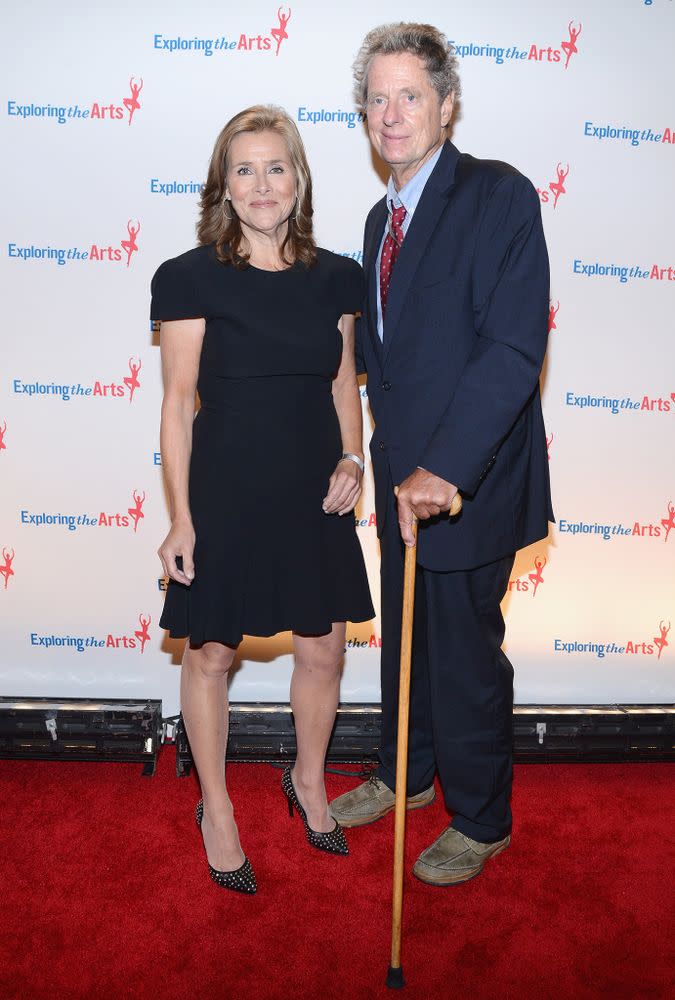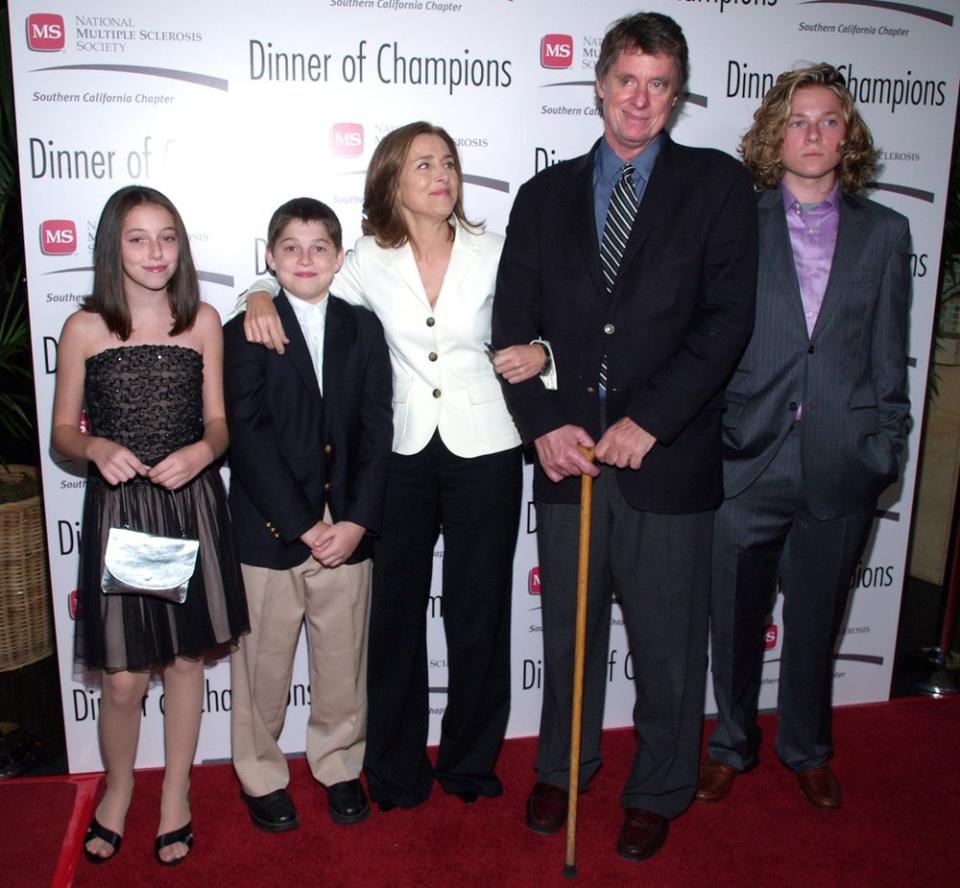Meredith Vieira's Husband Richard Cohen Opens Up About How His MS Diagnosis Impacted His Marriage
In his new memoir, best-selling author Richard M. Cohen reflects on the 40 years he’s lived with multiple sclerosis — and how the disease has impacted his marriage with former Today show host Meredith Vieira.
Though Cohen’s diagnosis didn’t faze Vieira when they first started dating, he writes that his “selfish” reaction to the illness hurt their marriage.
“Chronic illness is a family affair. Spouses have the burden of tending to the needs of a loved one, even when they would secretly rather push him out a window,” Cohen writes in Chasing Hope: A Patient’s Deep Dive into Stem Cells, Faith, and the Future, out Tuesday. “I knew they should not be treated as spectators when they are in the ring with us.”
Want to keep up on the latest from PEOPLE? Sign up for our daily newsletter to get our best stories of the day delivered straight to your inbox.
Cohen, 70, has more than enough health issues to handle and delves into his intense medical history in the book. First diagnosed with MS at 25, Cohen’s limbs are now failing, he is legally blind, he battled colon cancer twice, and he survived a blood clot that appeared in his lungs. But, as the title suggests, his book is mainly about hope for a cure. Cohen shares what he’s learned about the exciting field of stem cell research, as well as the insight he’s gained from religious figures and doctors about the power of hope.

“I’m the third member of my family, the third generation to have [MS] and we’ve got three kids,” Cohen said during a joint interview with his wife on the Today show Tuesday. “I think stem cell therapy is taking over medicine. I think it’s the future.”
Vieira, 64, has been a constant source of support to Cohen during this search for hope — and it all started when they first met when Cohen was working at CBS Evening News, according to the book.
“It was contempt at first sight, as we both like to say. We tentatively circled each other, two-legged animals stalking their prey,” he writes. “I once found Meredith lying on a couch in her office, watching Looney Tunes. I immediately trashed her. Sarcasm is a wonderful mechanism for flirting.”
Vieira loved the sarcasm and was unfazed by Cohen’s diagnosis, he writes. They married in 1986.
“I had told her about the MS in the earliest days of our relationship because I wanted us to deal with the subject before we got too serious. She never inched,” Cohen writes. “We hiked and biked, traveled and jogged, wherever we went. We owned the world.”
In Chasing Hope, Cohen reveals that they had four miscarriages before their children Ben, Gabe and Lily were born. But as his children grew, his body began to fail him in subtle ways. Later, more than 40 years after his diagnosis, Cohen’s illness had taken over his life and was set on destroying his happiness, he writes.

The author recounts one day when he’d fallen “one time too many” and Vieira demanded they call the police for help. But Cohen was “self-conscious” and didn’t want to bother them again.
“Meredith had a different take on the situation. She had been pushed over the edge,” he writes. “She angrily told me she was done with the MS. I still can visualize the desperation on her face. ‘We can’t live this way,’ she kept repeating. I was not to ask her to do anything more for me. Period.”
Vieira then went on to tell him that their friends thought he was “selfish.” She left the house.
“This was a sobering moment for me,” he admits. “I thought hard about how much Meredith does for me and how ungrateful I must seem, nursing my own emotional needs and ignoring hers.”

Cohen says he finally started feeling optimistic after he and Vieira got a call in 2012.
“Everything changed when we were asked to go to the Vatican to attend a stem cell conference,” he said on the Today show. “I chaired the opening panel there. In preparing to go, I learned how much work is being done with stem cells.”
The conference gave the couple the hope they needed to move forward.
“I want to have a long-term relationship with hope. I really do. Making that intimate connection is a challenge,” Cohen writes. “For many years I pushed hope aside, labeling it a crutch. In my research for Chasing Hope, smart people made the case for hope. They came from different places, but all had found the promised land. I decided I could use a little bit of the stuff. Perhaps I need a lot.”
Chasing Hope is on sale now.

